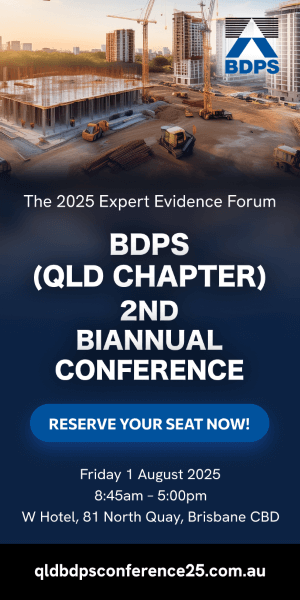A Tongan man who “identifies as Aboriginal Australian” has lost a bid to be released from immigration detention, where he is being held following the cancellation of his visa on character grounds.
New South Wales resident Samiuela Kapeli had claimed his detention under Section 189(1) of the Migration Act 1958 (Cth) was beyond the Constitutional limits of that power because he was an Aboriginal Australian within the principles stated in Love v Commonwealth; Thoms v Commonwealth (2020) 270 CLR 152.
In the Federal Court on Tuesday, Judge O’Bryan dismissed the 42-year-old’s application for a writ of habeus corpus, determining Mr Kapeli could be deemed an “alien” under the Act because he did not meet the requirement of being biologically descended from Aboriginal people.
The 102-page decision explained how Mr Kapeli had lived in Australia since arriving in 2003 as a holder of special purpose visa. That same year he had married a woman who described herself as “an Aboriginal woman from the Kuku Yalanji Tribe which is from Far North Queensland”. In 2014, he had been granted a permanent Partner (Class BS) (Subclass 801) visa.
In 2020, following convictions for assault occasioning bodily harm, Mr Kapeli’s visa was mandatorily cancelled, and he was placed in immigration detention. He was released in August 2022 after the cancellation decision was revoked by Minister.
In May this year, following a further conviction for assault occasioning bodily harm, his visa was again mandatorily cancelled. An application to have the cancellation decision revoked had not been heard by July, when he filed an application for a writ of habeus corpus.
Mr Kapeli claimed to be an Aboriginal Australian because, in his words, he identified as such, had been initiated into the Worimi “tribe” of the Forster/Tuncurry region of New South Wales, and was recognised an accepted as Aboriginal by the tribe, including its elders.
The Department of Home Affairs submitted Mr Kapeli did not satisfy the first limb of the “tripartite test” for membership of an Aboriginal group of people stated by Brennan J in Mabo v Queensland (No 2) (1992) 175 CLR 1, requiring biological descent from an Aboriginal member of the group.
Mr Kapeli contended that the first limb was not confined to biological ancestry and could include descent through adoption under traditional or customary laws of an Aboriginal society.
“The reasons of the majority in Love/Thoms do not support a conclusion that persons having the characteristics possessed by Mr Kapeli, being persons who have been welcomed into membership of an Aboriginal community, but who are not biologically descended from Aboriginal people, are thereby outside the meaning of the expression “alien” in s 51(xix) of the Constitution,” Judge O’Bryan said.
He said the High Court had on many occasions affirmed that a person could be treated as an alien notwithstanding that person’s long and strong connection to Australia.
He said to accept that a person who had no Aboriginal forebears could become an Aboriginal Australian by virtue of recent adoption by an Aboriginal community would conflict with established authority.
“It would, in effect, confer on each and every Aboriginal community the authority to convert a non-citizen’s status from an alien into a non-alien by means of adoption of the non-citizen into the community,” he said.
“A non-citizen adopted in that manner would not have the characteristics of an Aboriginal Australian identified by the High Court majority in Love/Thoms – specifically, the unique ancestral connection between Aboriginal people and their traditional lands.”
Judge O’Bryan said there was no reason to suspect Mr Kapeli had any Aboriginal ancestors, and there was no evidence of his adoption under the laws and customs of the Worimi people, beyond him being “culturally adopted”.
Mr Kapeli pointed to his recognition as Aboriginal Australian with his local Aboriginal Health Service, via kinship ties through his wife and two children, and the recording of this status with Medicare.
The department submitted that the nomination of descent when applying for Medicare was voluntary and customers were not assessed.
Judge O’Bryan said it was important to emphasise that the judgment concerned the meaning given to the expression “alien” by the High Court in Love/Thoms.
“The judgment does not concern, and accordingly does not determine, the meaning of the expression “Aboriginal” under other Australian laws. Nor does this judgment concern the meaning of the expressions “Aboriginal” or “Aboriginal person” in everyday parlance in Australia,” he said.
“The judgment should not be understood as a criticism or rejection of the evidence given by members of the Worimi people to the effect that they consider Mr Kapeli to be a Worimi man.
“The judgment reflects a conclusion that the Commonwealth has Constitutional power to detain Mr Kapeli under s 189(1) of the Migration Act as an unlawful non-citizen, notwithstanding that members of the Worimi people have formed a close relationship with Mr Kapeli and have accepted him into their community.”
Mr Kapeli was also ordered to pay the department’s court costs.








Share this article